
views
- A social faux pas is an embarrassing social mistake, blunder, or gaffe.
- Forgetting someone’s name, failing to introduce yourself, or oversharing with a new friend are examples of social faux pas.
- Other examples include arriving to gatherings too early, overstaying your welcome at someone’s home, or dressing inappropriately for the occasion.
What is a social faux pas?

A social faux pas is an embarrassing social mistake. The term “faux pas” is a French phrase that means “false step” or “misstep.” Making a social faux pas essentially means mistakenly acting in a way that isn’t socially correct, or failing to follow social etiquette rules. Other words for social faux pas include blunders or gaffes.
Examples of Social Faux Pas

Forgetting someone’s name. Forgetting someone’s name, or calling them by the wrong name, is a common social faux pas. This experience can be pretty embarrassing, but try not to beat yourself up about it. It can be hard to keep track of names, especially if you’re in a situation where you’re meeting a lot of new people! For a minor faux pas like this, a simple, sincere apology is usually all that’s needed to smooth things over. If you know you’ve forgotten someone’s name, simply apologize and ask them to remind you of it sooner rather than later. This helps avoid any awkward encounters in the future.

Not introducing yourself. Shaking hands and introducing yourself are common social norms when meeting someone for the first time, and failing to do so would be an example of a faux pas. For example, if you arrive at a dinner party and fail to introduce yourself to the attendees you’ve never met before, this would be considered a social blunder. Always greet people when you meet them. Remember to introduce yourself by name, and ask for their name as well.

Constantly looking at your phone. Repeatedly checking your phone while someone is trying to speak to you is another example of a social faux pas. Many people view this behavior as an indication that you aren’t paying attention to what they’re saying, which can come across as disrespectful or rude. Put your phone on silent or vibrate when you’re having a conversation with someone, and avoid checking or scrolling through it while they’re talking.
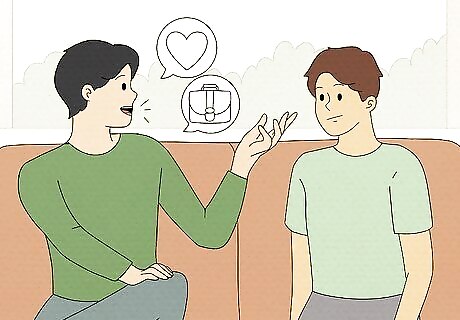
Oversharing when you’ve just met someone. If you’ve ever been on the receiving end of someone oversharing, you know it can be an awkward experience. Sharing too many personal details too early on in a relationship is a common faux pas that can make others feel pretty uncomfortable. To avoid this social blunder, ask yourself whether or not something is TMI before sharing it with a new acquaintance. An example of oversharing would be relating all the details of a recent break up with someone you’re meeting for the first time. Usually, this type of openness would be more appropriate once you’ve gotten to know the person better.

Hogging the conversation. Another example of a social faux pas would be excessively dominating a conversation. Monologuing or repeatedly turning the focus back to yourself leaves no room for anyone else’s contributions, which can make things pretty awkward for everyone. To avoid hogging the conversation, practice active listening. Use engaged body language when others are talking. Examples of engaged body language include facing the other person and making eye contact. Other active listening skills include asking the other person thoughtful questions, and making sure you take equal turns talking.

Overdoing it with inside jokes. If you’re at a gathering and happen to know one of the attendees better than the others, don't spend too much time talking about things only this person would understand. Monopolizing the conversation with inside jokes or references to past experiences will likely make the other members of the group feel left out. This social faux pas can hurt the group dynamic and create an awkward energy. Research shows that, when group connection is the goal, it’s important to tell jokes that everyone can understand, rather than inside jokes.

Humble-bragging. Humble-bragging is essentially saying something in a way that appears as if you're embarrassed, but you’re actually trying to subtly show off. For example, a humble-brag could be something like, “Getting that big raise at work has been stressful—I have more money than I know what to do with!” Humble-bragging will likely leave others rolling their eyes, so it’s best to avoid this faux pas. If you’re proud of something you’ve achieved recently, simply share the news with others and invite them to celebrate with you. Research shows that regular bragging comes across as more genuine than humble-bragging, so it ends up being more positively received by others.

Making assumptions about others. For example, asking someone about their due date can be pretty uncomfortable if it turns out that they aren’t actually pregnant. Another example would be making assumptions about someone's financial situation by inviting them to eat at an excessively expensive restaurant. To avoid these awkward faux pas, try not to make assumptions about others, especially assumptions based on appearance. If you’ve made a comment that likely hurt someone’s feelings, offer a sincere apology, and be sure to show them kindness.
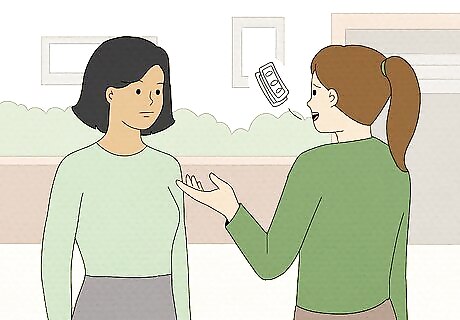
Forgetting to pay someone back. When you’re out to dinner with friends, splitting the check a million ways can be too complicated. In these situations, someone usually offers to put down their card for the whole table and asks everyone to send money for their portion. Letting these unpaid debts linger is a major social faux pas. Try not to wait so long to pay your friend back that they have to chase you down and ask you multiple times for the money—this tends to be awkward for all involved.

Arriving at a party or gathering way too early. Showing up to a gathering an hour or two early is definitely a social faux pas. In this situation, you’re likely inconveniencing the host, who may still be busy setting up the decor, cooking the food, or getting dressed for the party. When you’re invited to an event, try to show up no earlier than 15 minutes before the start time (and no later than 15 minutes after the start time).
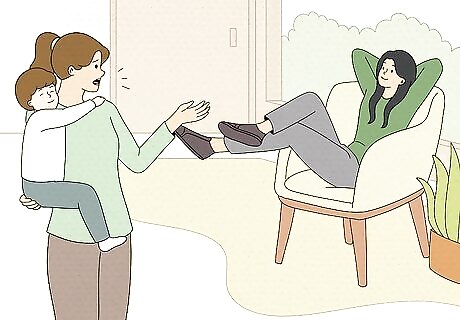
Overstaying your welcome at someone’s home. If someone invites you to their house for a gathering, try not to stay longer than you’re welcome. For example, if all the other guests of a dinner party have left, and the host is starting to take down the decor and wash the dishes, it’s probably time to make your exit. Try to pay attention to your host’s social cues to discern whether or not it’s time to go. If your host is making comments about how early they need to get up tomorrow morning, for example, this may be a hint that they’re ready for the night to come to an end.

Showing up to a birthday celebration empty-handed. Arriving at a birthday party without a gift is usually seen as a social faux pas (unless the person being celebrated has specified that they don’t want gifts). Don’t worry if you can’t spend a large amount on a gift—it’s the thought that counts, and the important thing is showing the other person you care! Flowers, a handmade craft, or a thoughtful, handwritten note are great, cost-efficient birthday gift options.
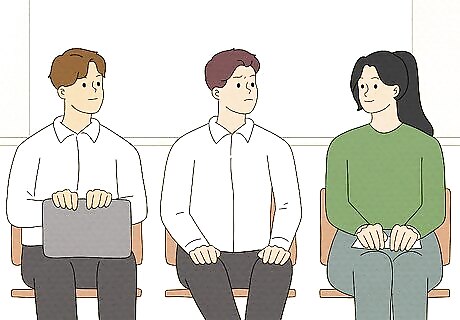
Dressing inappropriately for the occasion. The most infamous social faux pas regarding dress code would probably be wearing white (or any color close to white) to a wedding if you’re not the bride. Another example would be wearing a sweatshirt and sweatpants to a job interview or a formal dinner party. When in doubt about the dress code for an event, reach out to the host for guidance, or check the invitation. Wedding invitations, for example, will often contain dress code instructions regarding colors to avoid and the level of formality.
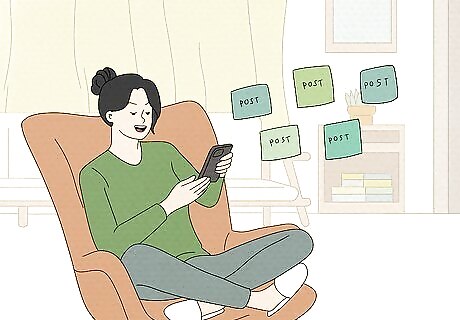
Posting way too much on social media. Sharing life updates and fun photos on social media is normal, but it’s definitely possible to post too much. Inundating your followers’ feeds with tons of posts can leave people with a negative impression, especially if these posts seem trivial or superficial. To avoid this faux pas, try to be discerning about what you share on social media. If you’ve already posted a lot recently, maybe save your next update for a later date!

Making insensitive social media posts. Being careless about what you post on social media is a common social faux pas. For example, if a serious world event has just occurred, a post about what you had for breakfast might be seen as insensitive. Or, if a friend lets you know that they don’t like the way they look in a photo you took together, it would be a faux pas to post it anyway. When you’re making a post to social media, think about how it might make others feel. Be sure to consider the emotions of friends and loved ones to avoid any unintentional misunderstandings or tensions.

Not learning about the culture of a location you’re traveling to. Social faux pas can vary across cultures, so it’s important to do some research before traveling to other countries to avoid any blunders. In Japan, for example, pouring your own drink can be a social faux pas, as it’s expected to fill the cups of elders before your own. In China, wearing your shoes inside someone else’s house could also be a faux pas, as people are typically expected to remove shoes upon entering.




















Comments
0 comment